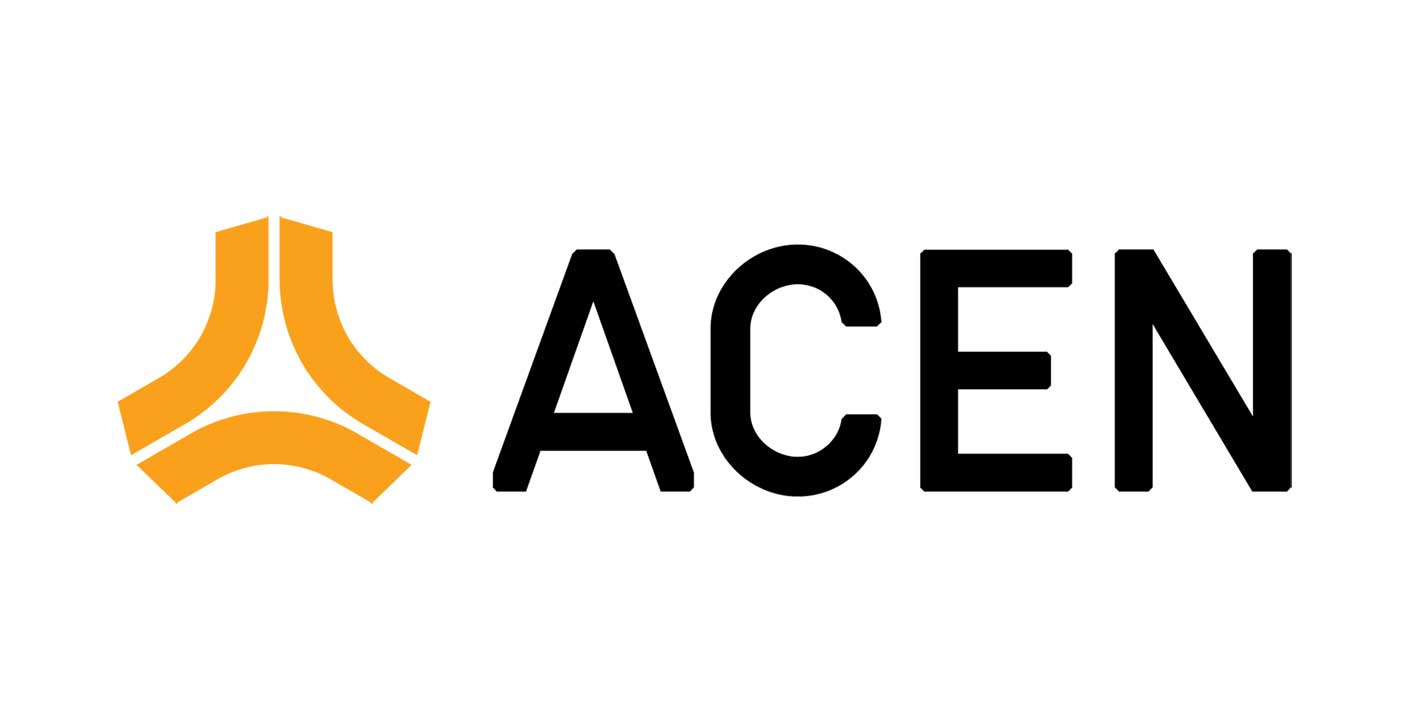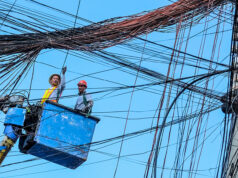ACEN still looking to pursue net-zero goal

AYALA-LED ACEN Corp. will continue to pursue its net-zero emissions target, even amid the absence of a committed goal in the upcoming edition of the Energy department’s Philippine Energy Plan.
“The decision for ACEN to set a net-zero target and 100% RE (renewable energy) was made independent of the decision of the DoE’s (Department of Energy) on this point. So, it does not really change our particular position — it is a commitment we have made and intend to stand by,” Miguel G. de Jesus, chief operating officer of ACEN, said at the BusinessWorld Insights forum on July 26.
The listed energy company of the Ayala group has committed to fully transition the company’s power generation portfolio to 100% RE by 2025.
ACEN has said it aims to achieve its near-term emission reduction by 2030, deliver its long-term emission reduction targets by 2040, and neutralize residual emissions to achieve net zero by 2050.
The Energy department earlier said that it will not commit to a net-zero emissions target yet because it plans to focus more on increasing the share of RE in the power mix and possibly deploying more emerging clean technologies.
The DoE is set to release its new Philippine Energy Plan within this year, which is expected to include a higher share of renewable energy and a target share of nuclear energy capacity. Currently, the government is aiming to increase the share of RE to 35% by 2030 and 50% by 2040.
Net zero refers to reducing greenhouse gas emissions to as close as zero while also offsetting any remaining greenhouse gases in the atmosphere.
“We have also gone through the process of trying to look for transition mechanisms for some of our thermal assets and we recognize that we are relative newcomers compared to some of the energy players who have larger footprints. In some senses, that makes it a little bit easier for us to pivot,” Mr. De Jesus said.
For its part, the energy company is aiming to grow its RE portfolio to 20 gigawatts by 2030. To date, it has around 4,200 megawatts of attributable capacity spread across the Philippines, Vietnam, Indonesia, India, and Australia.
“We believe in the RE trajectory and are quite committed to ensure that we hit our 2030 target,” he said. — A.E.O. Jose



